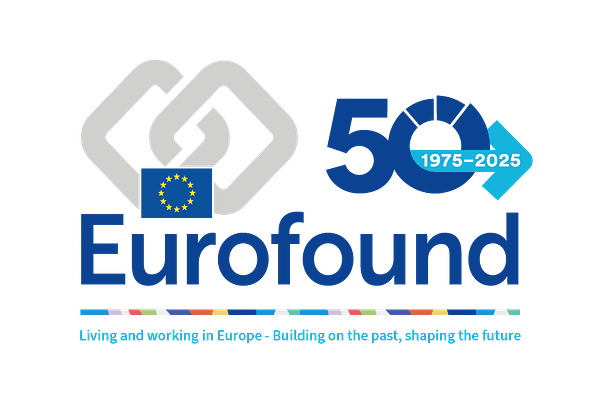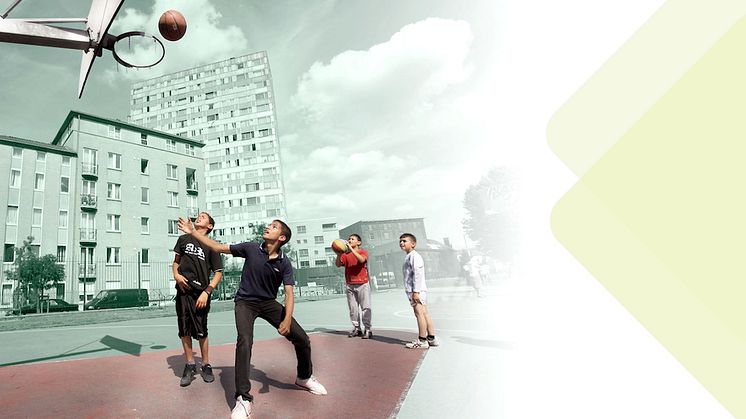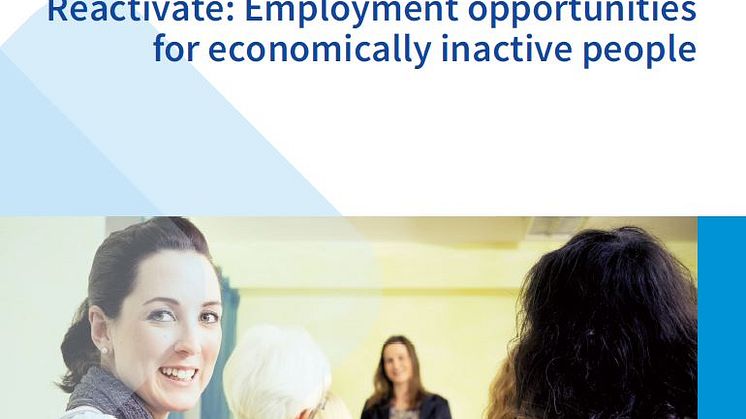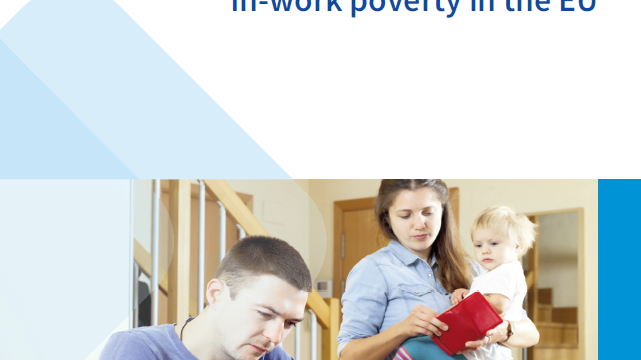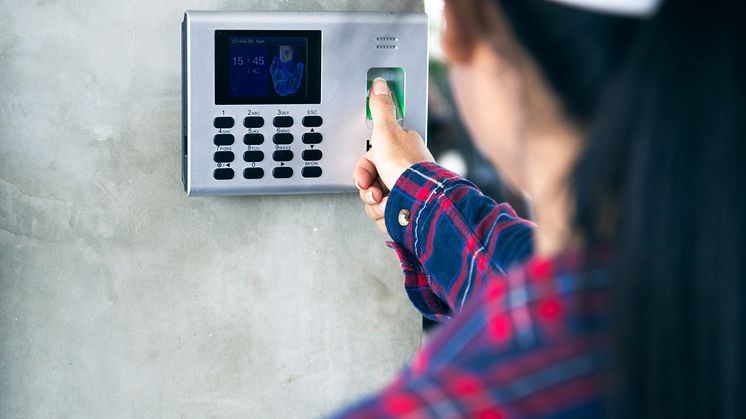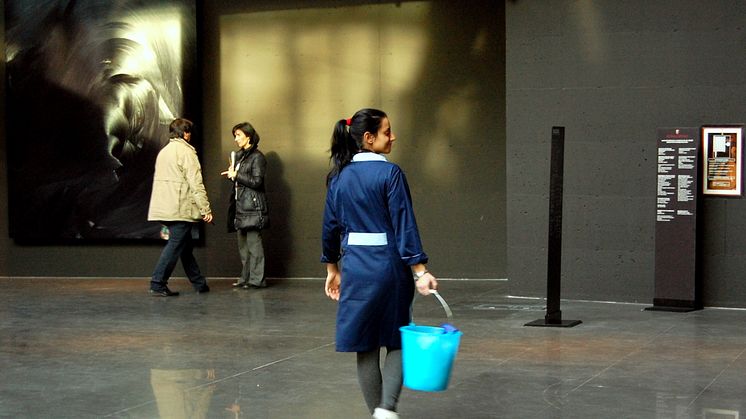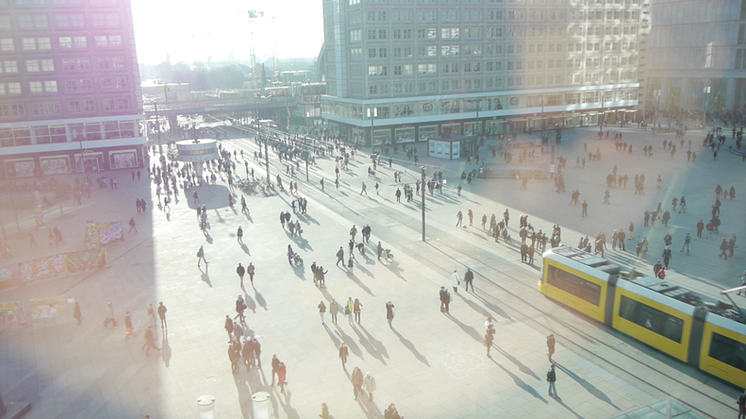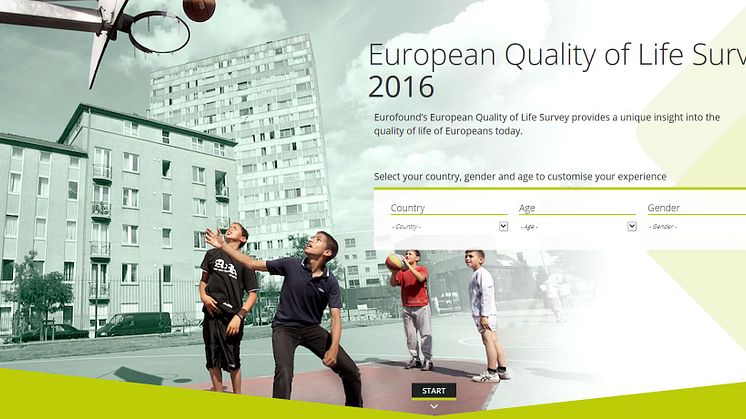
Press release -
Quality of life improving in Europe, but progress undermined by persisting inequalities and growing uncertainty
Results from Eurofound’s 2016 European Quality of Life Survey (EQLS) show general progress in the three key areas - quality of life, quality of society and quality of public services. Since the 2011 survey, levels of optimism are up, satisfaction with living standards has increased and some other quality of life indicators are back to pre-crisis levels. Nevertheless, there remain signs of persisting inequalities and rising uncertainties in some areas with particular differences apparent between countries, gender, age and income groups.
‘We have seen improvements for many, although from low points following the economic crisis,’ said Juan Menéndez-Valdés, Eurofound’s Director. ‘Indeed, in some cases, the indicators display a return to pre-crisis levels – reflecting, in part, the general economic upturn and return to growth across the Member States.’
Similarly quality of society dimensions have seen an improvement with generally increased trust in national institutions and a decline in feelings of social exclusion. Satisfaction with living standards has increased in a majority of Member States and more people can now make ends meet than was the case in 2011. Ratings for key public services have also increased overall.
While a number of countries, mostly in central and eastern Europe, continue to catch up, others have stalled in the process of upward convergence. Satisfaction with living standards, for example, increased particularly in Bulgaria, Estonia, Hungary, Ireland and Poland, but life satisfaction declined in Croatia, Cyprus, Greece, Italy and Spain. There are also still profound inequalities across different gender, age and income groups.
‘Despite growth that has seen fewer people reporting material hardship compared to five years ago, over half of the population in 11 Member States still say they have difficulties making ends meet,’ said Robert Anderson, Head of Unit, Social Policies, at Eurofound.
The EQLS presents data on issues that general statistics do not cover – such as the perceived quality of society, trust in institutions and societal tensions. It looks at a range of issues, such as housing, deprivation, family, health and participation in society. It also covers subjective topics, such as people’s levels of happiness, how satisfied they are with their lives, work-life balance and social exclusion. The EQLS 2016 has a specific focus on the quality of public services and life online in terms of using online services and experiences on the web. In-depth and comparative data are available for everyone to access via the EQLS Interactive page, which gives a detailed picture of quality of life, no matter where you live in the EU.
GET IN-DEPTH
- Access in-depth information on quality of life in Europe, across all EU Member States and in all official languages via our European Quality of Life Survey 2016 Interactive page
- Need more analysis of the data? Read the blog Europe – a world-class place to live and work? from Eurofound’s Director Juan Menéndez-Valdés
- Follow the debate on quality of life in Europe on Twitter at Eurofound's page and via #4EQLS
Topics
Categories
ABOUT EUROFOUND
The European Foundation for the Improvement of Living and Working Conditions (Eurofound) is a tripartite European Union Agency, whose role is to provide knowledge in the area of social, employment and work-related policies. For more information about Eurofound and its work, and free access to all our data and findings, visit our website and follow us on these social media channels: Twitter, LinkedIn, and Facebook.
For upcoming publications and events please see our Corporate Calendar 2017.
ABOUT THE EUROPEAN QUALITY OF LIFE SURVEY (EQLS)
The European Quality of Life Survey (EQLS 2016) was carried out in September 2016 – February 2017 in the EU28 and the five candidate countries (Albania, fYR Macedonia, Montenegro, Serbia and Turkey). This unique, pan-European survey examines both the objective circumstances of citizens' lives as well as how they feel about those circumstances and their lives in general, creating a rich data source on the quality of life of the people in Europe. The survey is carried out every four-five years.
